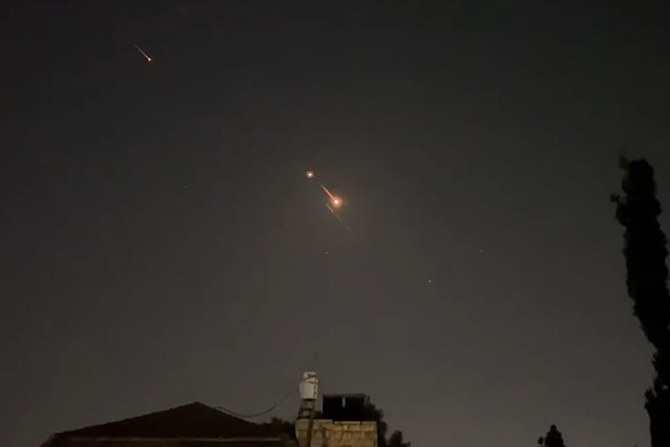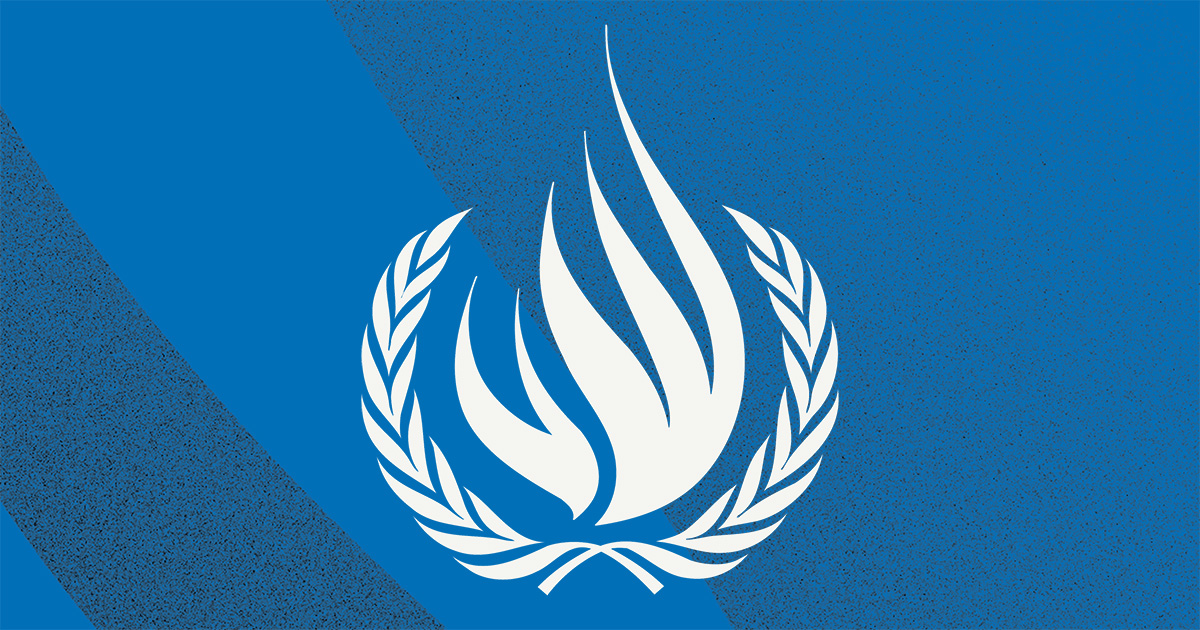
The isolation of the Gaza Strip started long before Hamas won control of the territory in 2007, but its takeover that year prompted an intensified blockade by Israel and Egypt that now threatens economic and humanitarian collapse. Since 2007, there have been three wars between Hamas and Israel, as well as many other violent incidents. In this year alone, Israel has responded violently to large protests at the border in the spring, and both sides exchanged fire following an Israeli military operation inside the territory in November.
Part of the problem is that Israel, Hamas and other actors respond to these conflicts with small-scale, short-term solutions. When there is increased fighting, the response tends to be temporary cease-fires or minor adjustments to the blockade. Such solutions feed into a cycle, resetting the stage for the next crisis.
While proposals for longer-term solutions exist, they often fall into two problematic categories. One is a focus on only addressing the humanitarian or economic problems in Gaza. While any improvement would be positive, attempts to decouple the economic problems from the political issues will eventually fail. For example, even if efforts succeed in rebuilding some of Gaza’s infrastructure, that infrastructure may be destroyed in the inevitable next war.
Another type of proposal involves divide and conquer strategies that seek to force Palestinians to negotiate separately over the Gaza Strip and the West Bank, thus undermining Palestinian hopes for a viable state. Many iterations of the “Greater Gaza” idea fall into this category. Such plans tend to propose building infrastructure for Gaza in the northern Sinai. While some variations of this plan might be genuine efforts to help Palestinians in Gaza, Palestinian leaders rightly see many proponents as trying to dump responsibility for Gaza on Egypt and claim that the Palestinians have a “homeland” in the Sinai desert.
There is a clear need for long-term solutions that address both political and economic realities and stem from a genuine desire to encourage peace benefiting both Palestinians and Israelis. On Dec. 3, the Brookings Institution and the Center for a New American Security (CNAS) — two Washington think tanks — released a report called “Ending Gaza’s Perpetual Crisis.” The report offers pragmatic, comprehensive policy proposals for ending the cycle of violence and blockade within the broader context of seeking a two-state solution to the Israeli-Palestinian conflict.
The report’s authors argue that many previous efforts to address the Gaza situation failed partly due to a lack of coordination between key actors or because humanitarian, economic or political objectives were pursued independently. They suggest addressing Gaza’s humanitarian crisis, creating the basis for a functional economy in Gaza, and working on the political issues at the same time.
The report includes many specific suggestions for addressing the humanitarian crisis, such as reinstating US funding for UNRWA and repairing leaky pipes that lose much of Gaza’s desperately needed water. It argues in favor of trying to reintegrate the West Bank and Gaza, including persuading Hamas to allow the Palestinian Authority (PA) to resume governance of the Gaza Strip in exchange for giving Hamas something of a seat at the table in negotiations. The publicly available report includes many other detailed policy proposals.
Attempts to decouple Gaza"s economic problems from the political issues will eventually fail
Kerry Boyd Anderson
The report’s authors note that Washington cannot lead such an effort alone, especially given its limited influence and relationships with the Palestinians. Rather, they propose that Washington should play a coordinating role, working with other regional and international actors.
There are major obstacles to implementing the report’s proposals, primarily the current Israeli and US leadership. The Israeli political right — led by Benjamin Netanyahu, though he is one of multiple actors in Israel’s right wing — accepts the indefinite repression of Palestinian rights and national aspirations. Many right-wing Israelis would oppose efforts to reintegrate the West Bank and Gaza.
Furthermore, the Trump administration has embraced the right-wing Israeli perspective. Key White House figures are more interested in helping to cement Israeli control over the Palestinian territories than they are in pursuing a sustainable — let alone just — peace.
The Palestinians have far less leverage and are more likely to be open to some of the ideas in the Brookings/CNAS report, but their leadership presents challenges too. While the report lays out compromises for Israel, the PA and Hamas, it seems to require more of Hamas, and it is unclear that it would consider the carrots in the proposal sufficient.
For these reasons, some people who read the report might immediately consider it futile, but that would be short-sighted. Many analysts in Washington think tanks understand that their job includes developing proposals that could be useful if leadership or circumstances change in ways that might open up opportunities. The report’s authors are clear that they are asking the Trump administration to “walk away” from some of its decisions. Indeed, the report states that “agreement may be unlikely today,” but its suggestions represent “the political formula most likely to succeed” if circumstances change.
It is difficult to envision hope for positive progress without major changes in the Israeli and US leadership. However, not all Israelis agree with their country’s right-wing leaders, and not all Americans embrace the Trump administration’s approach. Change is possible. Meanwhile, analysts and activists who seek peace will try to chip away at the obstacles in front of them, hoping for a new opportunity to pursue a different path.
Kerry Boyd Anderson is a writer and political risk consultant with more than 14 years’ experience as a professional analyst of international security issues and Middle East political and business risk. Twitter: @KBAresearch
Disclaimer: Views expressed by writers in this section are their own and do not necessarily reflect Arab News" point-of-view










